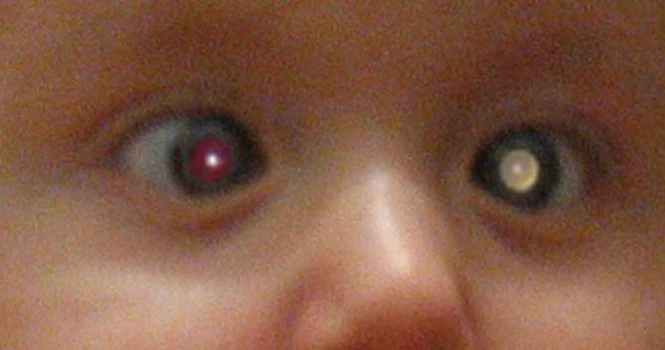OCD as we commonly call it, is a Neurosis. The patient knows that something is wrong with him / her.
It is defined as,
- An idea,impulse or image which intrudes into the conscious awareness repeatedly.
- It is recognised as one’s own idea, impulse or image but is perceived as ego alien (foreign to one’s personality). Some therapists analyze how ego‑alien impulses manifest in OCD—a topic covering basics in our article [ID and the Ego].
- It is recognised as irrational and absurd (insight is present)
- Patient tries to resist it but is unable to
- Failure to resist,leads to marked distress
Clinically differentiation has to be made from delusion
In delusion, it is recognised as one’s own idea and therefore not resisted. In fact, it is strongly believed that it own’s idea and there not perceived as irrational.
In India, OCD is more common in unmarried males while in most countries there is no gender differences reported.
Studies have shown that life time prevalence is 2% to 3%.
Long term follow up studies in patients with OCD’s have shown that 25% patients remained the same over time, 50% had moderate to marked improvement and other 25% had recovered completely.
Read more about Difference between Psychology and Psychiatry
ICD–10 ( International classification of diseases) classifies OCD in three clinical subtypes
- Predominantly obsessive thoughts
- Predominantly compulsive acts
- Mixed obsessive thoughts and acts
Depression is very commonly associated with obsessive compulsive disorder. At least 50% have major depressive episodes while many will have mild depression.
Anakastic personality disorder may be commoner in OCD than in the general population.
Few common examples are
- Washers (Obsession is with contamination with germs,dirt and body excretion) From washing hands it might spread to washing clothes, washing bathroom and washing becomes a ritual)
- Checkers (Patient has multiple doubts) whether the door has been locked. the compulsion is checked repeatedly to remove the doubt, when resisted increases anxiety.













